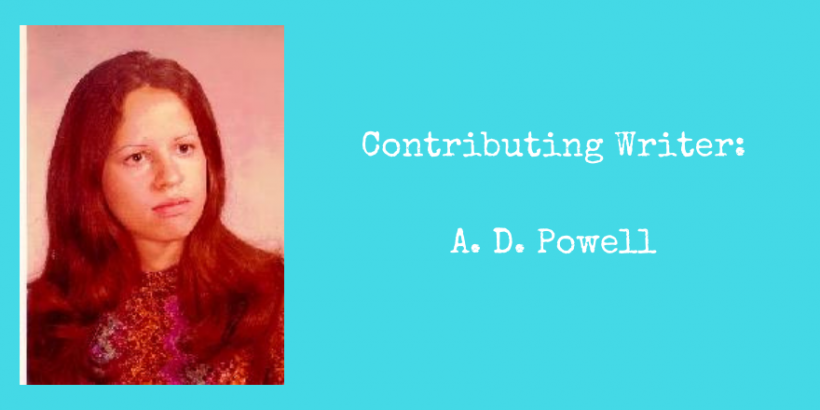It’s Not What You Know, but How You Use It: Teaching for Wisdom
The Chronicle of Higher Education
By ROBERT J. STERNBERG
While IQ’s rose, the 20th century also saw historic levels of massacres and genocides, not just in Nazi-occupied Europe, but also in Bosnia, Rwanda, Burundi, Cambodia, the Soviet Union, and many other places. As the example of Karadzic points out, some of the most highly intelligent and educated people use their skills cynically, to foment hate and violence. So whatever benefits go along with increased intelligence, wisdom does not necessarily appear to be one of them. Indeed, focusing exclusively on the development of academic skills may take time away from activities that might help to develop wisdom.
What is to be done? Although I do not claim to have any solution to the problems of hate and foolishness, I do believe that we need to rethink our goals in education. Increased academic skills may be necessary for many kinds of success, but they are not sufficient. Students need something more. In my work and that of my colleagues at Yale University’s Center for the Psychology of Abilities, Competencies, and Expertise, we are seeking a solution — teaching students from roughly age 10 or so to think wisely. Underlying this program is the view that we need to teach students not only knowledge but also how to use that knowledge well.
I found this article very interesting because it provides an explanation for the fact that academia and the cultural and political elites are the foremost enemies of anyone who challenges the racial classification system.

